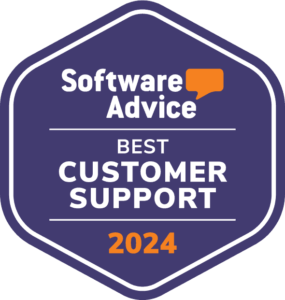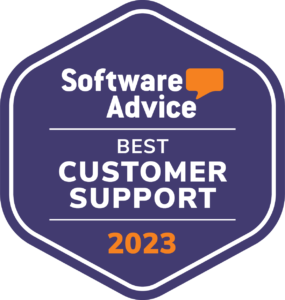The True Cost of ERP Implementation: Beyond the Initial Investment

Enterprise Resource Planning (ERP) systems are a game-changer for businesses. They streamline operations, improve data visibility, and boost overall efficiency. However, the initial sticker price of an ERP system can be daunting, leading some businesses to delay implementation. But what they might not realize is that the true cost of ERP implementation goes beyond the initial investment.
The Toll of Delayed ERP Implementation
While the upfront costs of software licenses and implementation services are significant, the hidden costs of delaying an ERP implementation can be even more damaging. Here’s how:
- Decreased Productivity: Manual data entry, siloed systems, and inefficient workflows eat away at valuable employee time. An ERP system automates tasks, improves data accuracy, and frees up employees to focus on strategic initiatives.
- Inventory Issues: Outdated systems lead to inaccurate stock levels, resulting in stockouts, overstocking, and lost sales. An ERP system provides real-time inventory visibility, enabling better forecasting and demand planning.
- Poor Decision Making: Fragmented data makes it difficult to generate comprehensive reports and gain valuable insights. An ERP system provides a centralized platform for data analysis, allowing for insightful data analytic across all departments.
- Customer Dissatisfaction: Inconsistent data and inefficient processes create a frustrating customer experience. An ERP system streamlines communication and order fulfillment, leading to happier and more loyal customers.
- Compliance Risks: Manual processes are more prone to errors, which can lead to non-compliance with regulations. An ERP system helps ensure adherence to industry standards and minimizes compliance risks.
These hidden costs can significantly impact your bottom line. Reduced productivity, lost sales opportunities, and potential compliance issues all contribute to a more significant financial burden down the road.
Making the Smart Choice
Investing in an ERP system today can be transformative for your business. Here’s why taking the first step now is the smart choice:
- Long-Term ROI: While the initial investment is substantial, the long-term return on investment (ROI) of an ERP system can be significant. Improved efficiency, reduced errors, and better decision-making lead to increased profitability.
- Future-Proofing Your Business: An ERP system provides a foundation for future growth. It can scale alongside your business and adapt to changing needs.
- Competitive Advantage: Streamlined operations and improved data insights give you a competitive edge in the market. You can react faster to customer demands and make informed decisions that drive success.
Investing in the Future
A well-planned ERP implementation can be transformative for your business. By taking a proactive approach, you can unlock a future of streamlined operations, improved data-driven decision-making, and a significant return on investment (ROI). Here’s how to get started:
- Conduct a Needs Assessment: Identify your specific business requirements and pain points to determine the functionalities you need in an ERP system.
- Research Different Solutions: Explore various ERP vendors and compare features, pricing models, and implementation processes.
- Consult with Experts: Partner with experienced ERP implementation consultants who can guide you through the process and ensure a smooth transition.
By investing in an ERP system now, you can unlock a future of streamlined operations, improved data-driven decision-making, and a competitive edge in your industry. Remember, the true cost of ERP implementation is not just the initial investment, but the cumulative impact on your business if you delay.
Connect with us today, our expert team is here to guide you through the process and help you discover the transformative potential of our solutions.
Stay tuned for our series of insightful blogs—your roadmap to exploring the full potential of ERP.



